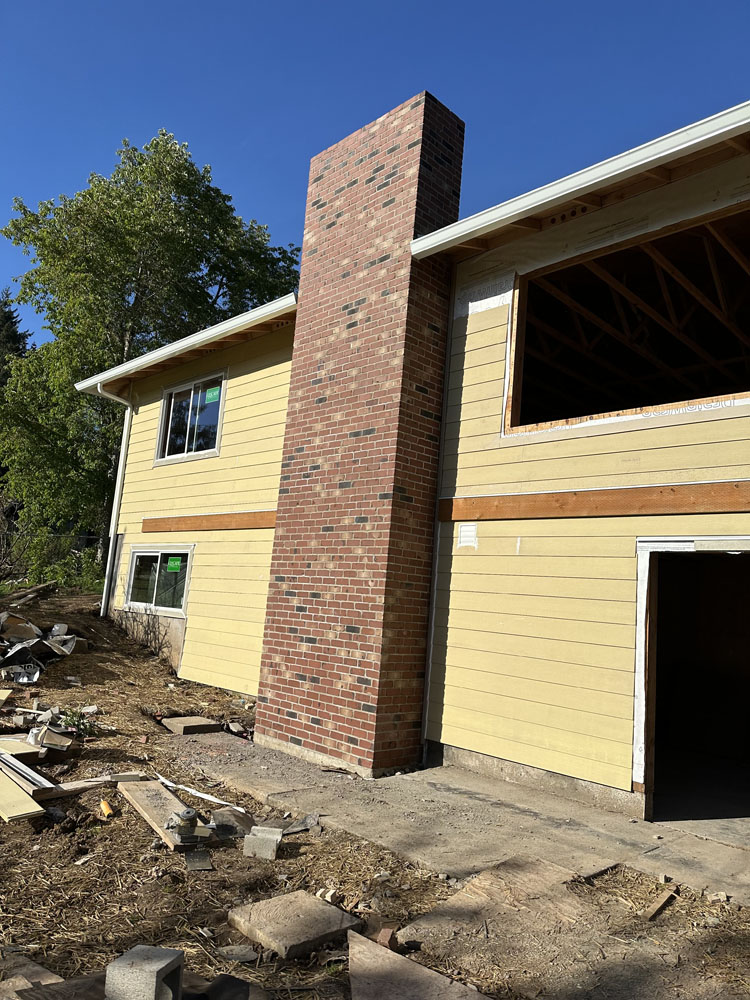Introduction
When it comes to constructing a building, the foundation is everything. But what truly holds that structure together? The answer lies in quality masonry. A skilled masonry contractor knows that the materials used and the techniques employed can drastically affect a building’s lifespan and resilience against external factors. In this article, we'll explore how quality masonry impacts building durability, delving into various aspects such as material selection, craftsmanship, environmental considerations, and maintenance practices.
The Impact of Quality Masonry on Building Durability
Quality masonry plays a pivotal role in determining the longevity and stability of a structure. Think about it: walls made from durable materials not only provide strength but also protect against weather elements like rain, snow, and high winds. Poorly constructed masonry can lead to issues like cracking, water infiltration, and structural failure over time.
What Constitutes Quality Masonry?
Quality masonry isn't just about using high-grade materials; it's also about proper installation techniques. A good masonry contractor understands the importance of:
- Material Quality: Using bricks, stones, or blocks that meet industry standards. Mortar Selection: Choosing the right type of mortar for specific environmental conditions. Workmanship: Ensuring that every brick is laid correctly, with adequate spacing for expansion and contraction.
Materials Used in Quality Masonry
Traditional Brick vs. Contemporary Materials
Masonry has evolved over time. Traditional clay bricks are still popular due to their aesthetic appeal and thermal properties; however, modern alternatives like concrete blocks offer enhanced durability and insulation.
| Material Type | Durability | Thermal Insulation | Cost | |-------------------|------------|--------------------|--------| | Clay Brick | High | Moderate | $$ | | Concrete Block | Very High | High | $ | | Stone | Extremely High Masonry Contractor | Low | $$$ |

The Role of a Masonry Contractor
Choosing the Right Contractor
Selecting an experienced masonry contractor can make all the difference in your construction project. Here are some tips for choosing wisely:
Check credentials and certifications. Look for reviews and testimonials from previous clients. Ask for examples of completed work.The Construction Process: Steps to Quality Masonry
Planning: Laying the Foundation for Success
Before laying any bricks or stones, planning is paramount. This includes surveying the site, understanding load-bearing requirements, and selecting materials that fit both budget and aesthetic goals.
Laying Bricks: Techniques That Matter
Once planning is complete, it's time to get hands-on. Effective techniques include:
- Using a level to ensure even surfaces. Spacing joints properly for movement. Applying mortar evenly without excessive squeezing out.
Environmental Considerations in Quality Masonry
Adapting to Climate Conditions
Different regions face unique climate challenges—think humidity in Florida versus arid conditions in Arizona. A proficient masonry contractor will know how to adapt their methods based on these factors.
Sustainable Materials: Eco-Friendly Choices
With growing awareness around sustainability, many contractors are opting for eco-friendly materials such as recycled concrete or sustainably sourced wood products.
Common Challenges in Masonry Construction
Cracking: Causes and Solutions
Cracking can occur due to several reasons including temperature fluctuations or settling of the ground beneath the structure. Addressing these issues early through proper design can save headaches later on.
Water Infiltration: Prevention Strategies
Water damage is one of the most common issues faced by masonry structures. Proper drainage systems combined with waterproof sealants can mitigate risks significantly.
Maintenance Practices for Durable Masonry Structures
Regular maintenance will extend the life of any masonry structure significantly. Here are some vital practices:
Inspect joints annually for signs of wear or damage. Clean surfaces regularly to prevent mold growth. Seal surfaces with waterproof coatings every few years.Technological Advances in Masonry Construction
Innovative Tools and Equipment
Today’s technology makes it easier than ever for contractors to ensure quality workmanship—think laser levels for perfect alignment or advanced mortar mixers that ensure consistency.
Software Solutions: Planning Made Easy
Construction management software helps streamline planning processes and keeps track of materials needed throughout each phase of construction.
The Economic Impact of Quality Masonry on Building Durability
Quality masonry isn’t just good practice; it’s also financially prudent in the long run. Buildings constructed with high-quality materials require fewer repairs over time—a clear win for property owners.
FAQs About Quality Masonry
1. What should I look for when hiring a masonry contractor? Look at their experience level, client reviews, certifications, and past projects they’ve completed successfully.
2. How does poor quality masonry affect my home? Poorly done masonry can lead to significant structural issues such as cracks and water infiltration which can be costly to repair later on.
3. Can I perform basic maintenance myself? Absolutely! Regular inspections and cleaning can often be handled by homeowners without professional help.
4. What is the average lifespan of quality masonry? A well-constructed masonry wall can last upwards of 100 years if maintained properly!
5. Are there eco-friendly options available? Yes! Many contractors now offer sustainable materials like recycled bricks or blocks made from renewable resources.
6. How do environmental factors influence my choice of materials? Different climates require different types’ performance—moist environments may need more waterproofing while dry areas may focus more on thermal resistance.
Conclusion
In summation, when you consider The Impact of Quality Masonry on Building Durability, it becomes clear that investing in skilled craftsmanship pays off significantly over time—both structurally and economically! Whether you're trusted masonry experts contemplating a new construction project or maintaining an existing one, remember that quality matters! Choose your partners wisely (like trusted masonry contractors) because they hold the key to lasting durability in your buildings!
Creating durable structures through quality masonry isn’t merely about aesthetics; it's about ensuring safety and longevity while keeping future repair costs at bay! So next time you think about building something new or maintaining what's already there—remember this guide! With proper knowledge and expertise derived from top-notch professionals—the sky's really the limit!